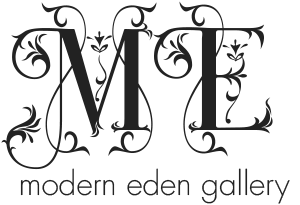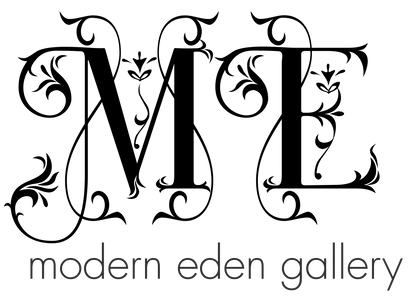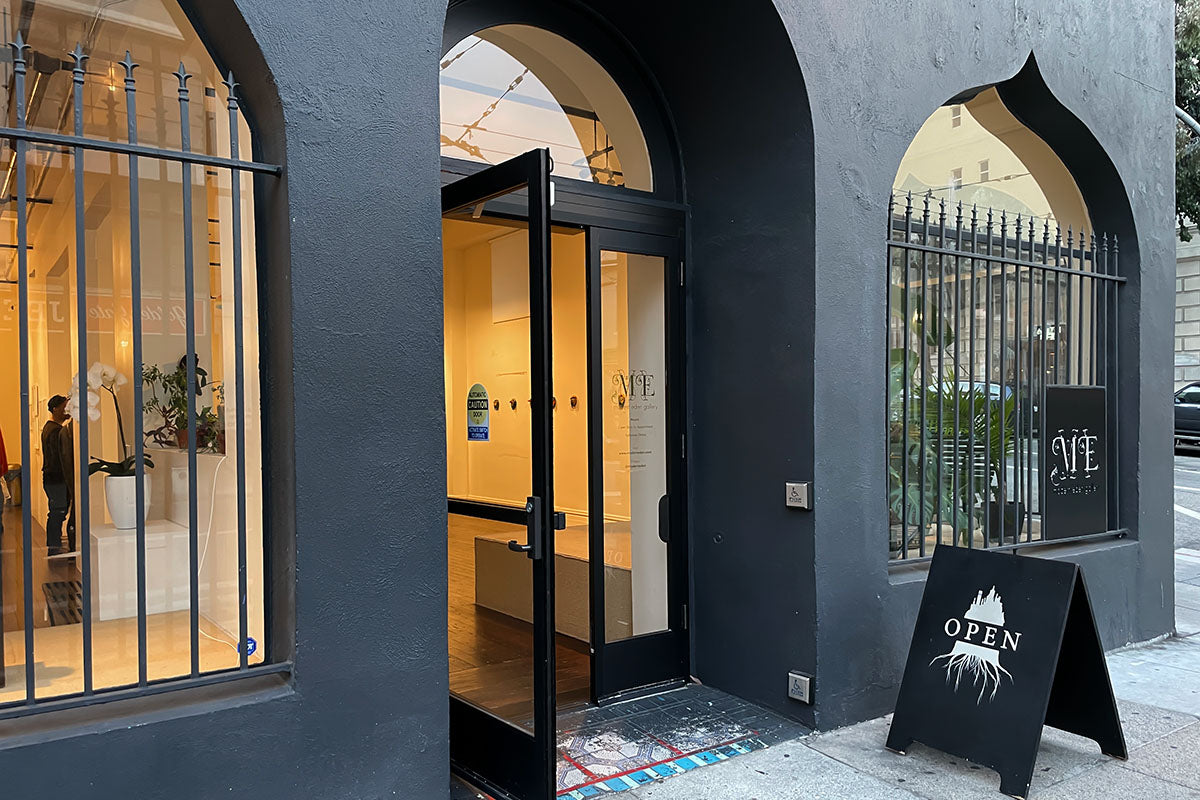-
- Oil on paperboard
- 12 x 16 in.
-
© 2022
- 17.5 x 21.5 in. (f)
- Framing included
-
J. Henry "The theme in a lot of this work comes from “untold tales,” vignettes of characters participating in a world separate from ours. I wanted to reflect the experience that one might have in a museum, when you stumble across a really weird piece of art from ages ago, whose purpose was to tell lessons and sing songs, but the aesthetic canons and technical methods of the time make it much more than just that, both foreign and familiar at the same time. Additionally, whether in a piece’s detail or entirety, I wanted to explore the idea of architectural ornament coming to life. I don’t like the idea that today’s generation of design robs the public of celebrating and being surrounded by the applied arts. (Everybody deserves gargoyles and acanthus leaves.) When enough care is put into detail, not only is it a more cherished product as a whole but that detail can take on a life of its own, stimulating the mind to create stories and training the eye to see beauty everywhere, which is essential for personal harmony in the best and the worst of times. This collection of paintings began with a fascination of rocaille grotesque, a newfound interest that started when I began studying architectural ornament, faux finish and trompe l’oeil as scenic painter for theater. This threw me down a rabbit hole of exploring the themes and motifs of historical ornament and costume that helped me set the world of these paintings in a grounded, albeit fantasy, time period. It also reawakened a lot of forgotten influences, like woodcarving and tattoo art, that, now with different eyes, I could draw parallels to to help me make design choices and technical decisions. The most beautiful designs are always ones that celebrate the shapes of nature. As a final kind of fun note, this body of work was done over the course of the last two years. A lot of them follow “palette phases,” and can kind of be identified chronologically by their overarching color."



























